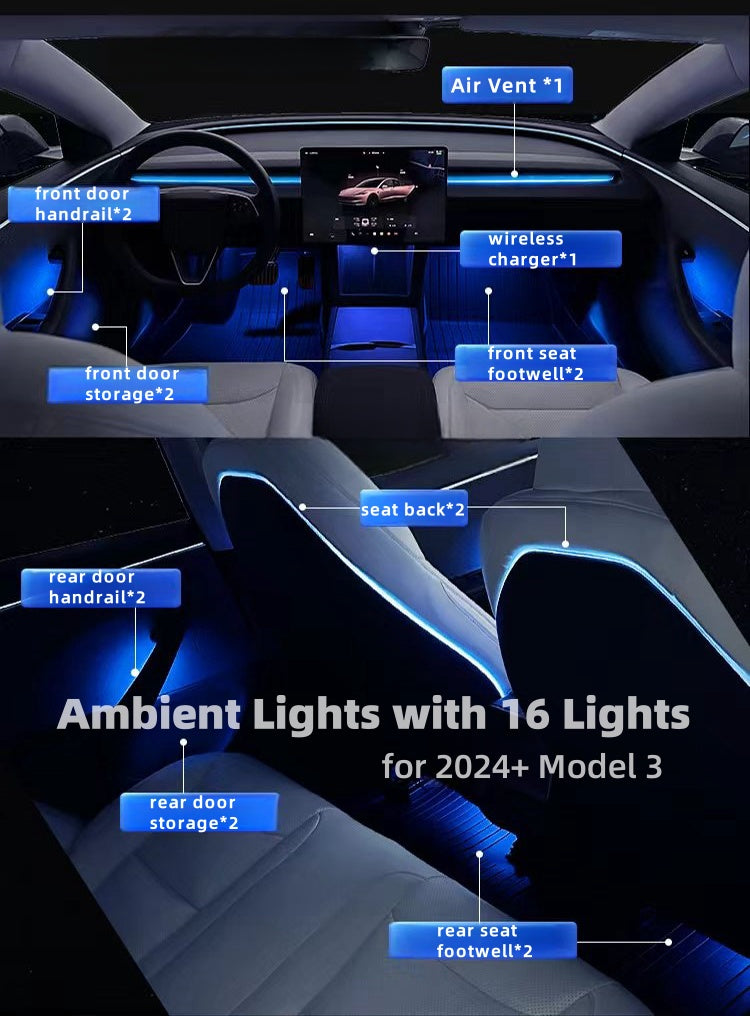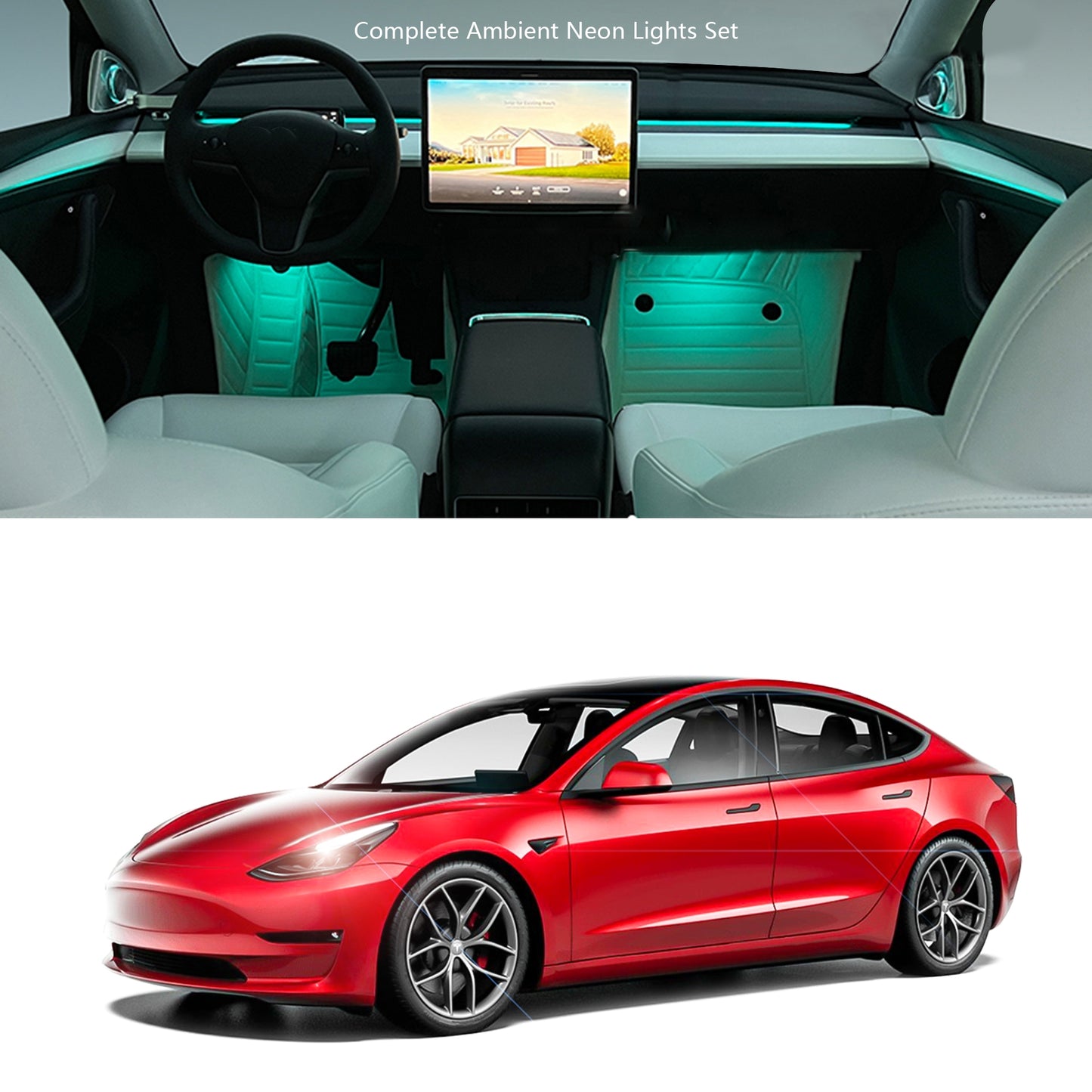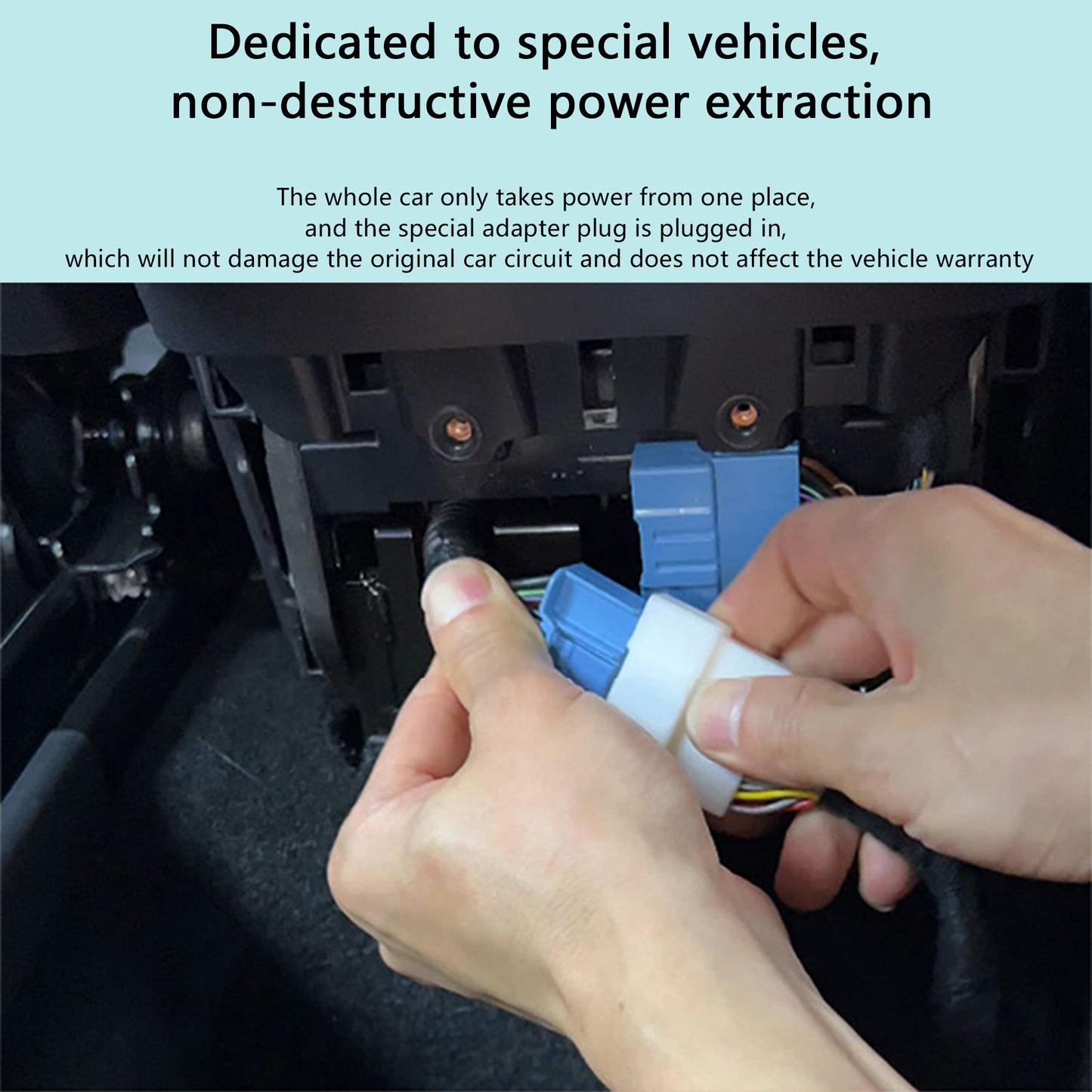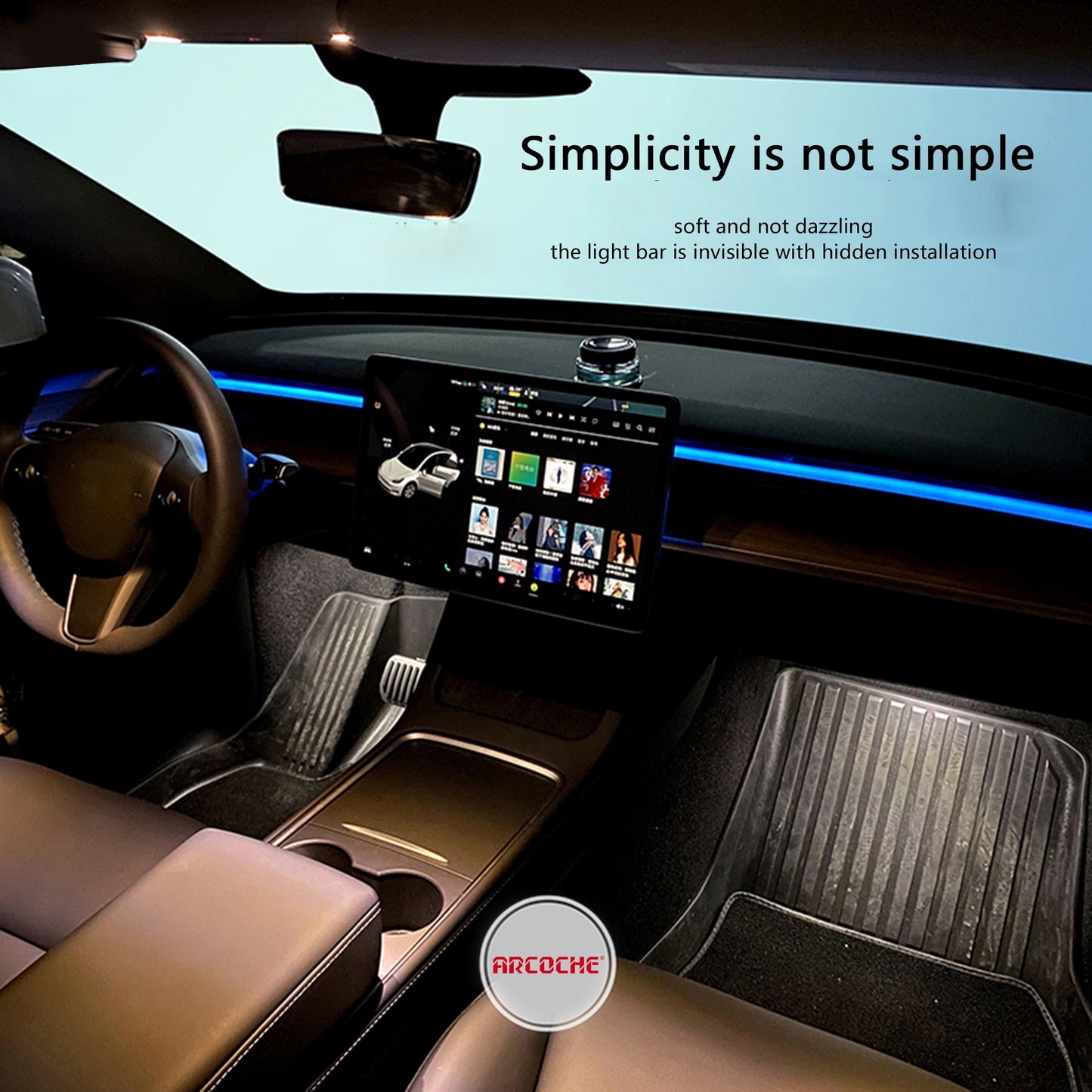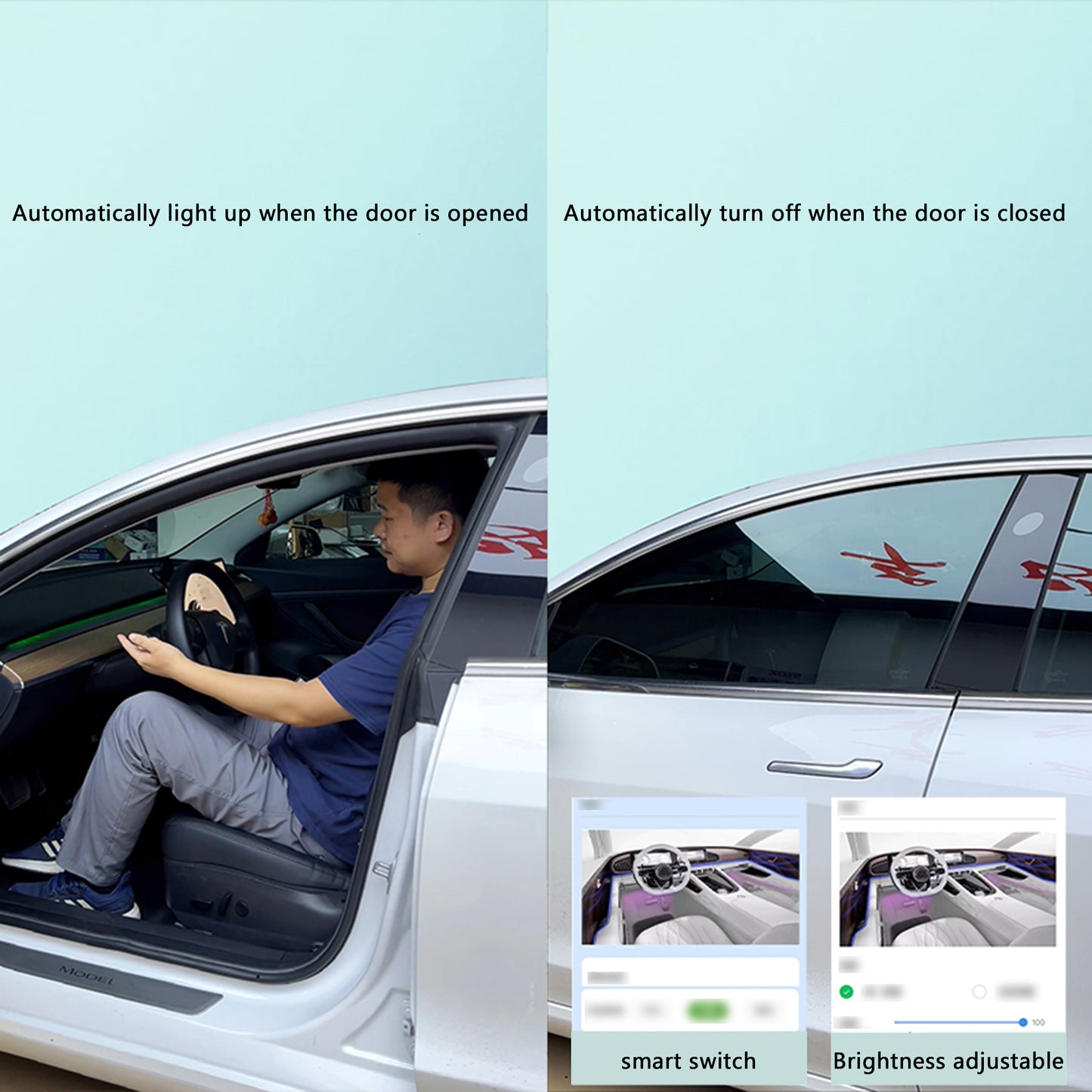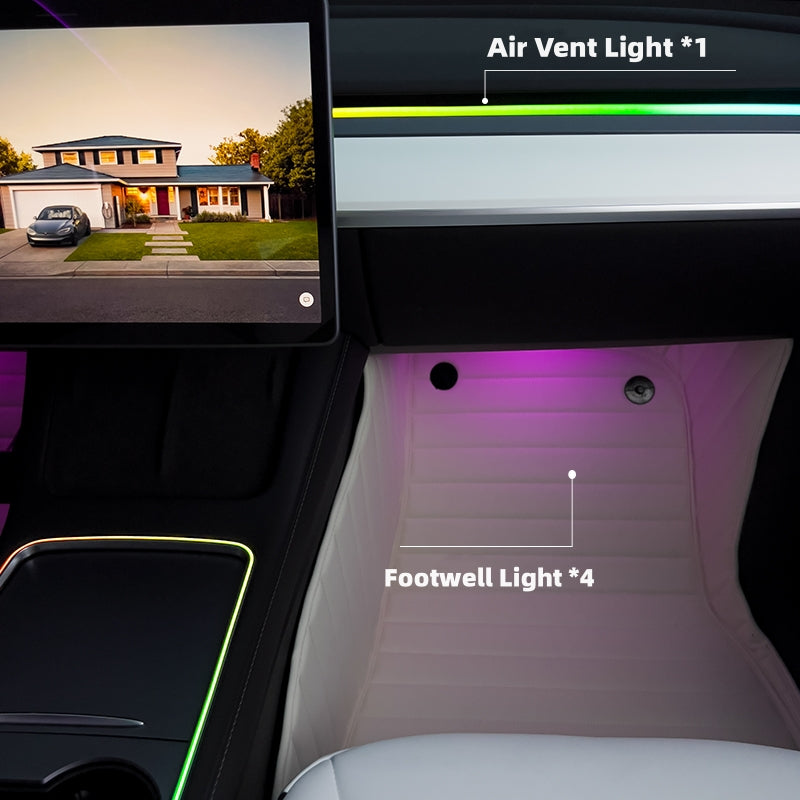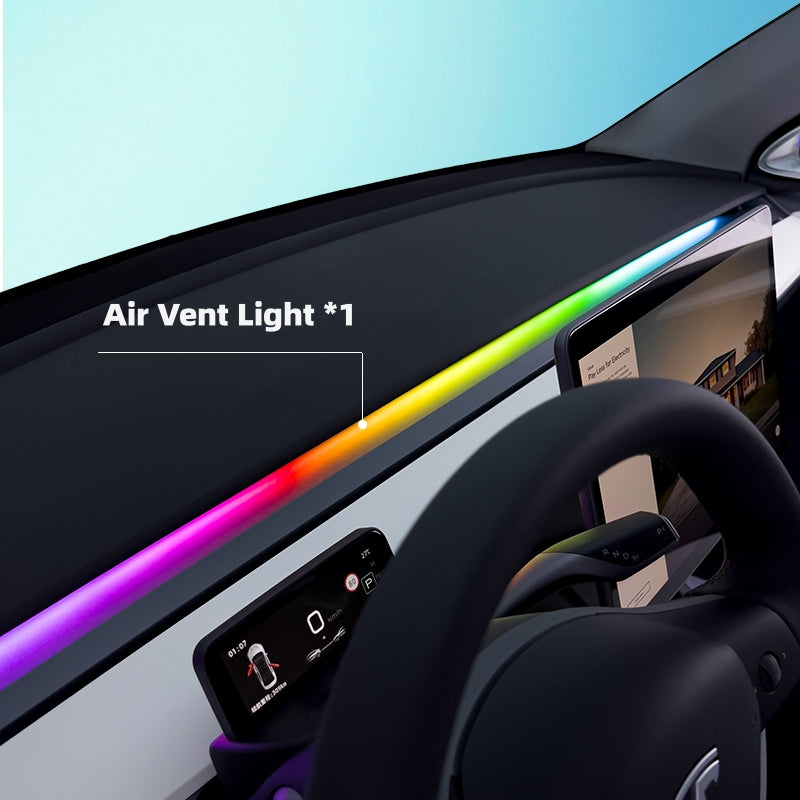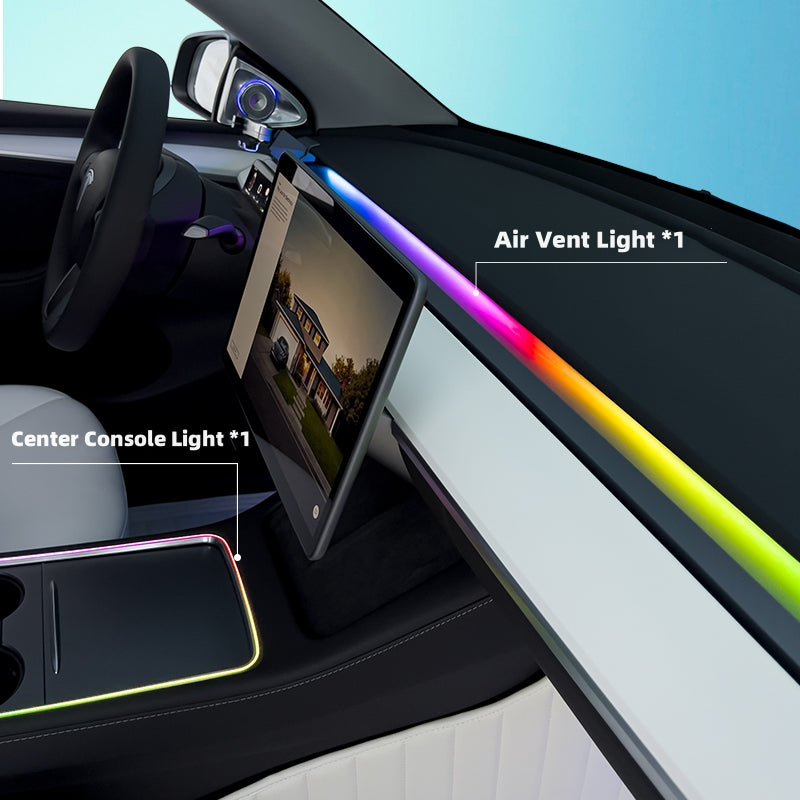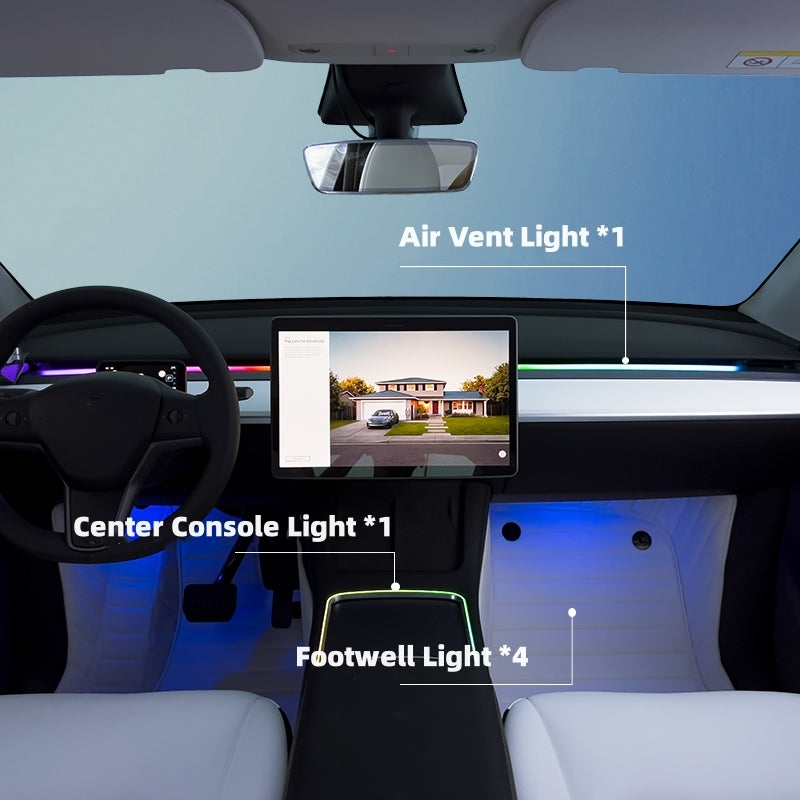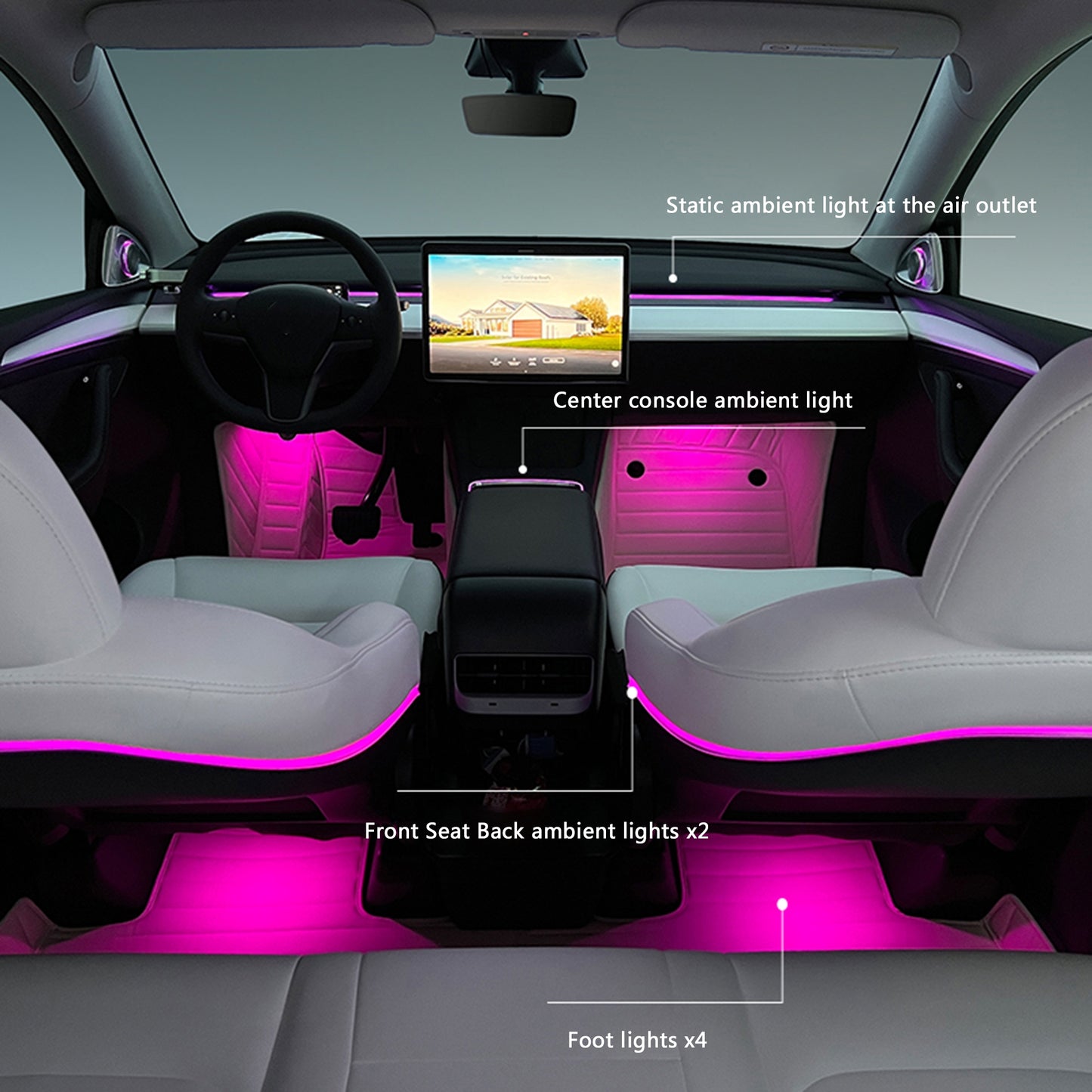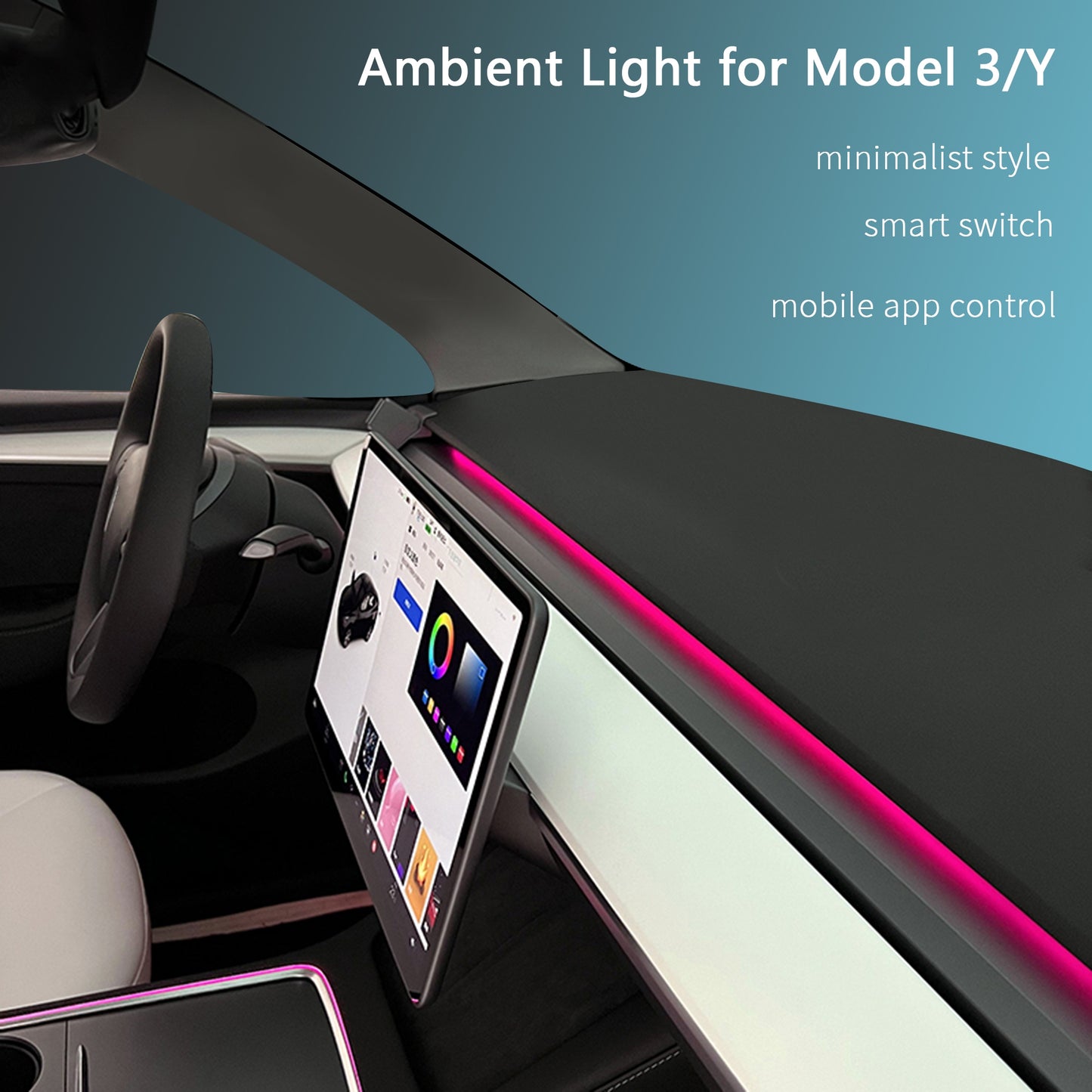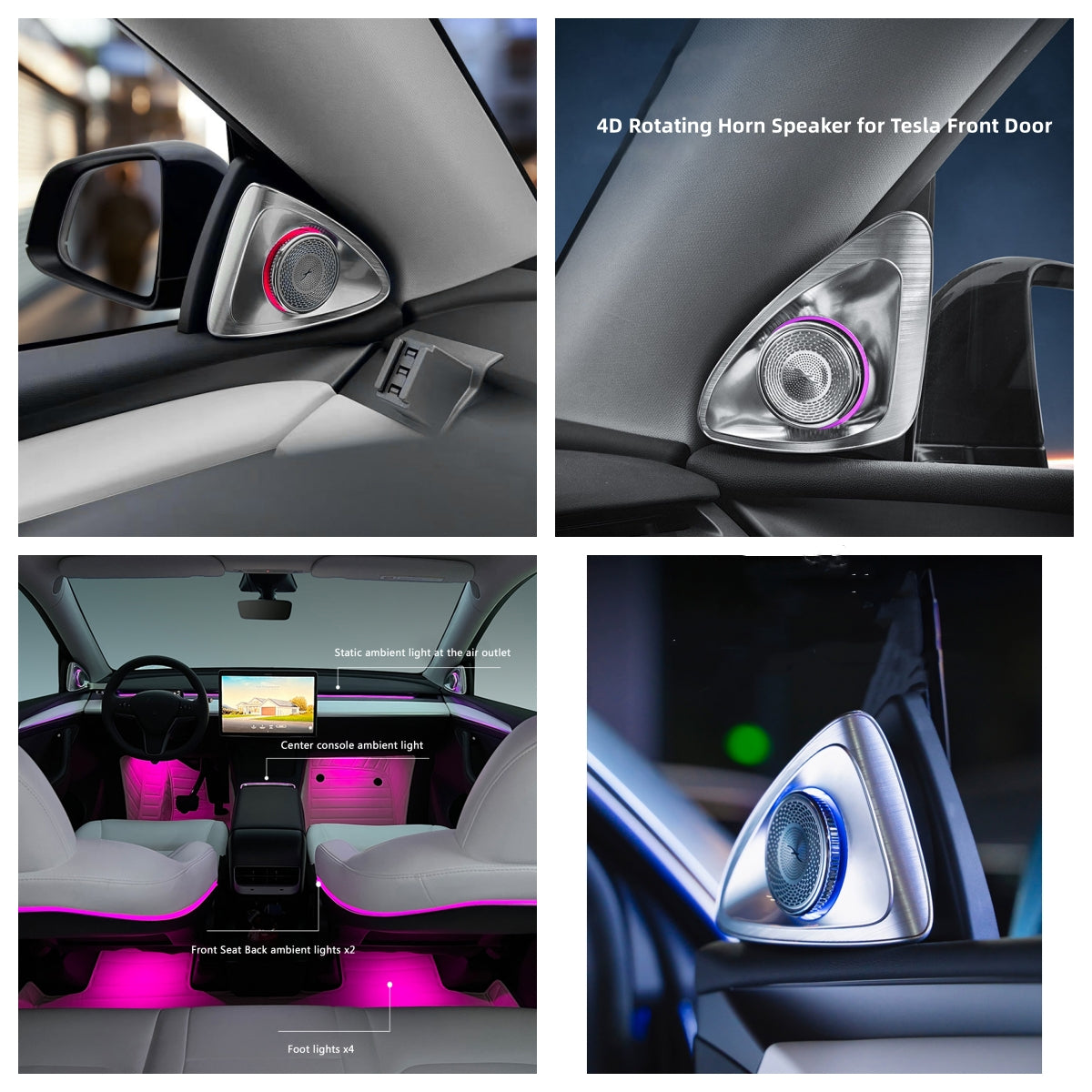
Tesla is making significant strides in its expansion into the Indian market, considering the establishment of a manufacturing facility and potentially developing a new car tailored for emerging economies.
Tesla is reportedly in advanced negotiations to venture into the Indian market, contemplating an investment of approximately $30 billion over the next five years. As India progresses toward formulating a new electric vehicles (EV) policy, Tesla is exploring the possibility of making a significant entry into the country. The company appears willing to commit nearly $30 billion in investments, encompassing a manufacturing plant, a battery ecosystem, and ancillary industries, according to individuals closely acquainted with Tesla's official business plans.
This potential investment plan could involve an immediate and direct infusion of $3 billion for the production of a new small car from an Indian plant, specifically designed for the broader developing world. Additionally, there may be a commitment of $10 billion from other partners to support this manufacturing endeavor. Over a cumulative five-year period, the initiative may also include a substantial investment of $15 billion in the battery industry ecosystem.
Elon Musk, Tesla's CEO, has made a notable update to his Twitter bio, now identifying himself as the 'Chief Troll Officer' and indicating a relocation to a new place.
In the context of Tesla's potential entry into the Indian market, the company is reportedly engaged in advanced discussions and might invest around $30 billion over the next five years. If the upcoming electric vehicle (EV) policy, applicable across the industry and not exclusive to Tesla, aligns with the company's request for a rebate in the existing import duty structure for foreign-made EVs, Tesla has outlined a phased approach.
Initially, Tesla plans to introduce a limited number of its standard models to compete in the Indian luxury car market. Concurrently, the company aims to establish and test a charging ecosystem. Subsequently, Tesla may consider investing in a factory in India to produce its first small car within a two-year timeframe, with the facility anticipated to be completed within three years.
While the pricing details for the new car are yet to be finalized, it is expected to be a more affordable model than Tesla's usual offerings, catering to the preferences of consumers in Asia, Africa, and Latin America. The proposed factory, featuring a significant proportion of locally manufactured content, is poised to serve both the Indian market and focus considerably on exports.
A source familiar with the discussions emphasized the potential magnitude of this investment commitment, stating, "If it works out, this will be the biggest foreign direct investment commitment in India." The envisioned investment structure includes $3 billion from Tesla for the plant and an additional $10 billion from partners in the manufacturing ecosystem. Simultaneously, there could be an additional $5 billion investment in batteries, eventually growing to $15 billion. Drawing parallels to historical moments in the Indian automotive industry, the source referred to this as a potential "Suzuki moment" for the EV sector and an "Apple plus moment" for India's manufacturing ambitions. Tesla's comprehensive capabilities, spanning technology, minerals mining, refining, semiconductor production, and design, make it more than just an auto company, creating a substantial ripple effect across various industries.
hile Tesla has not officially disclosed specific plans for India, reports suggest that the company is in advanced talks and might invest nearly $30 billion over the next five years in the country. Although no company-specific incentives are guaranteed, the Indian government has indicated openness to considering incentives for all players in the electric vehicle (EV) sector as part of a broader policy.
India has launched the EV30@2030 campaign under the Ministry of Road Transport and Highways, aiming for 30% of newly registered private cars, 40% of buses, 70% of commercial cars, and 80% of 2-wheelers and 3-wheelers to be electric by 2030. While there is no single India EV policy, the government's various measures demonstrate a strong commitment to promoting EV adoption.
Tesla's plans for India align with its broader diversification strategy beyond China. The company is exploring India as a potential manufacturing location and has expressed admiration for the country and Prime Minister Narendra Modi. Elon Musk, Tesla's founder, has conveyed interest in Indian spirituality and meditation during discussions with Modi.
Four major auto manufacturing hubs in Haryana, Tamil Nadu, Maharashtra, and Gujarat are under consideration for Tesla's plant, with the possibility of selecting a coastal state in the west or south, given the emphasis on major export plans. Tesla's manufacturing model focuses on a high degree of local content, similar to its operations in Germany and China. The company aims to roll out the first car within two years and complete the entire factory within three years of entering the Indian market.
Advocates of the Tesla project in India believe that the investment aligns with several of the country's goals, including promoting local manufacturing, addressing the climate crisis, integrating into global supply chains, and fostering a strategic partnership between India and the United States
The article excerpted from Hindustan Times.



